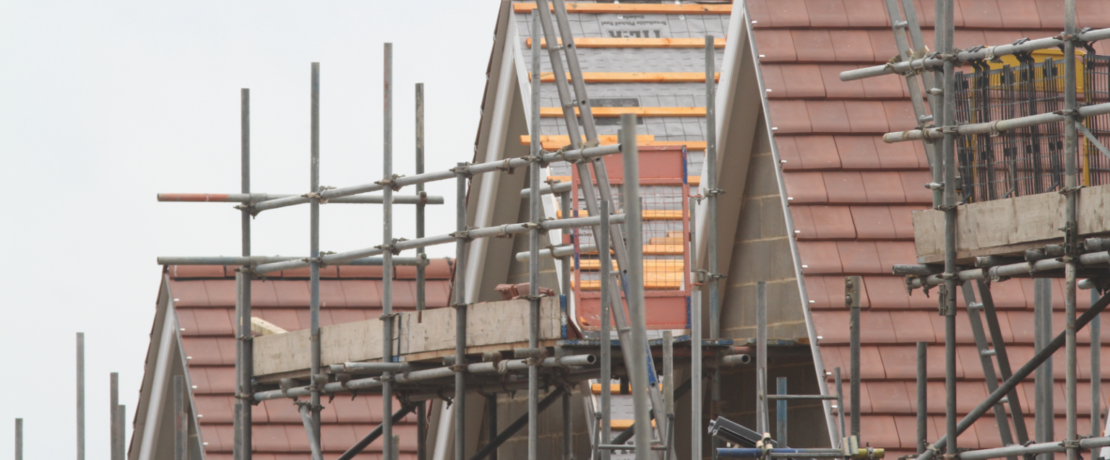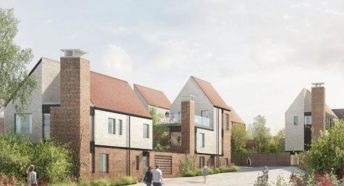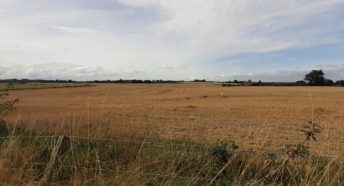Explosion in holiday lets is strangling rural communities, research shows
CPRE, the countryside charity, is calling for tighter controls on second-home ownership
A surge in the number of homes marketed for Airbnb-style short-term lets is crippling the residential rentals market, new research shows.
The problem is most acute in staycation hotspots, where hundreds of homes previously available to rent to local people have been switched to short-stay holiday rentals. The worsening housing crisis – which is particularly acute in rural areas – has seen thousands of families added to social-housing waiting lists.
A steep decline in the number of new social-housing projects completed since 2013 is compounding the problem.
That is why CPRE, the countryside charity, is calling for tighter controls on second-home ownership, including higher council tax on second homes and the requirement for short-term lets to have planning permission.
Additionally, the definition of ‘affordable’ must be changed in national planning policy, with rents being tied to local incomes rather than market prices. To level up our rural communities, changes to planning law and policy should be committed to in the government’s forthcoming Planning Bill, requiring at least one new genuinely affordable home for every market home built.
Alex Macintyre, 37, from Plymouth, was evicted by her landlord because he would make more money listing her flat on Airbnb.
“I lived in my last flat for five years until the landlord decided to renovate and do the place up to perfection so he could rent it out on Airbnb,” said Alex.
“Plymouth has become a city of holiday lets. Fewer homes available for residents means higher rents, and people being priced out of their local areas in search of a home. That erodes local communities and starves local businesses of workers. The only people who benefit are the landlords.”
In many areas, social-housing waiting lists could be drastically reduced or even eliminated if the number of properties advertised for short-term let were available for local families instead, the analysis shows.
• In Cornwall, which saw short-term listings grow 661 per cent in the five years to September 2021, there are some 15,000 families on social-housing waiting lists and the same number of properties being marketed as holiday lets
• In South Lakeland, which saw a 1,231 per cent increase in short-term listings between 2016-20, about half the families in need of social housing could be accommodated in properties exclusively available for holiday rentals
• In Cumbria, a 4 per cent decline in the number of privately-rented properties coincided with a 14 pe cent increase in families on social-housing waiting lists since 2016
• In Devon, short-term lets appear to be worsening an existing housing crisis, with almost 4,000 homes taken out of private rent and 11,000 added to short-term listings since 2016
Crispin Truman, chief executive of CPRE, the countryside charity, said: “Across our most traditional rural communities, from the beaches of Cornwall to the lakes of Cumbria, homes that used to be rented to local families sit empty for much of the year.
“More people are pushed on to social-housing waiting lists, which have been stretched to breaking point by years of underinvestment. Hard-working people are suffering and they will not easily forgive a government that promised to level them up if it leaves them falling through the cracks of a broken system.
“It’s clear the government needs to act fast to avert a growing housing crisis. With the cost of living set to hammer people’s finances in the coming year, this is a problem that’s quickly getting out of hand. There simply has to be a government response to the fact that our rural-housing supply is disappearing into an unregulated short-term rentals market that simply didn’t exist six years ago.
“Ministers must introduce tighter controls on second-home ownership, including higher council tax on second homes and the requirement for short-term lets to have planning permission.”
Separate analysis by CPRE found the demand for social housing was growing almost six times faster than the rate of supply in rural areas. At current rates, the backlog of low-income families needing accommodation would take 121 years to clear.
Figures show 8,898 households were added to social-housing waiting lists in 88 rural local authority areas between 2019-20, the last year for which figures are available, with just 1,453 social homes delivered. In total, 176,058 rural families were waiting for accommodation in 2020, up from 167,160 in 2019.
Selaine Saxby, Conservative MP for North Devon, said: “We need to make the long-term rental market more sustainable and attractive. We cannot rely on building ever more homes if they are not going to be lived in by local residents.
“Our excellent housing associations in North Devon do great work in building modern affordable homes, but they will not be able to keep up with demand if the balance between short-term and long-term private rental markets is not restored.”
Monday, January 17, 2022






